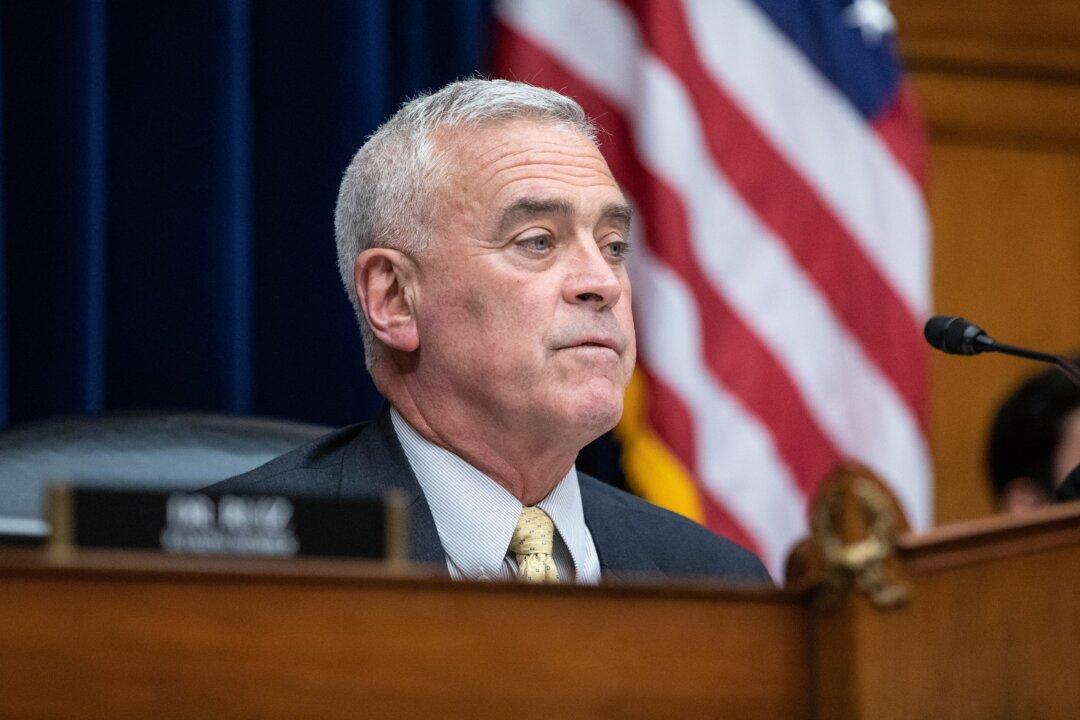Rep. Brad Wenstrup (R-Ohio) is looking into the possible waste and misuse of funds allocated for educational purposes from legislation passed during the pandemic. The funds were allocated to make up for lost learning time, help schools reopen safely, and stop the spread of COVID-19.
The Select Subcommittee on the Coronavirus Pandemic, chaired by Mr. Wenstrup, has launched an investigation into the possible misuse of billions of taxpayer dollars set aside for the reopening of schools through the Elementary and Secondary School Emergency Relief (ESSER) fund, which is administered by the U.S. Department of Education (DOE).





